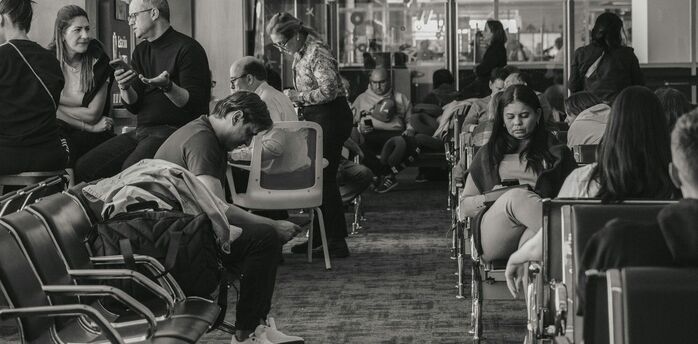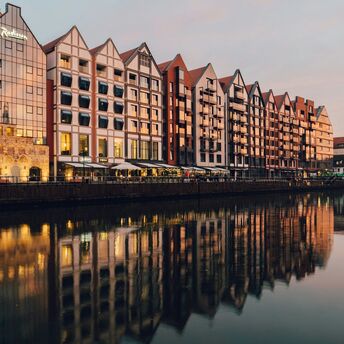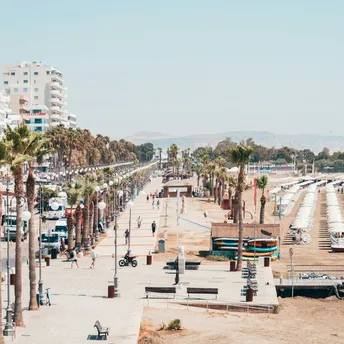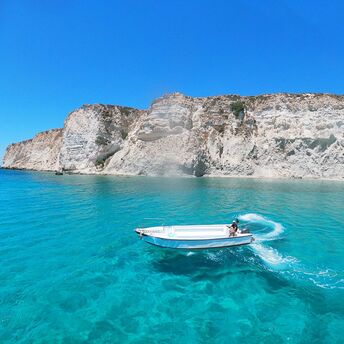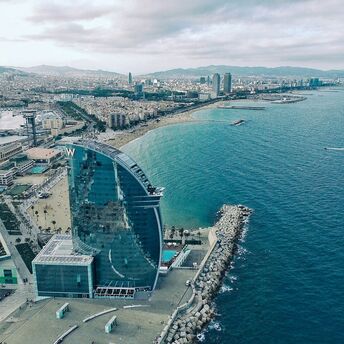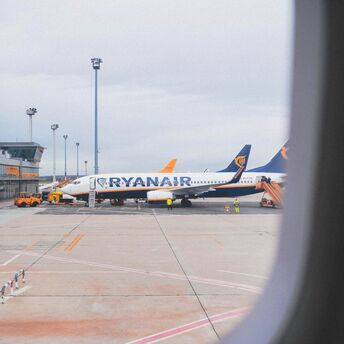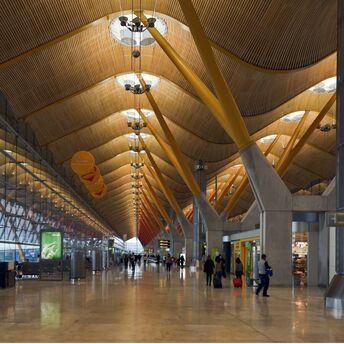Winter Festivals Preserving Europe's Pagan Heritage
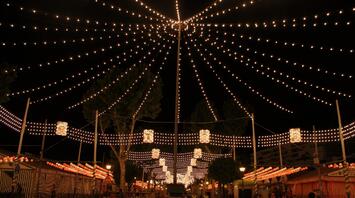
Winter festivals in various corners of Europe remain vivid reminders of pre-Christian beliefs that have found their place in modern traditions. In countries like Italy, Austria, Wales, and Romania, these celebrations blend folklore, mythology, and community. They showcase unique aspects of the continent's cultural heritage, creating unforgettable experiences for locals and travelers seeking authentic traditions and historical customs.
One of the most fascinating winter events is Italy's Festa della Befana, celebrated on January 5th. The main character is La Befana, a witch who delivers gifts to obedient children and coal to the naughty ones. This tradition, rooted in Roman mythology, was adapted into Christian customs. The largest celebrations take place in Urbania, featuring performances, markets, and displays of giant stockings.
In Austria and Bavaria, December Krampusnacht, a festival highlighting the darker side of winter folklore. Krampus, a horned, demon-like figure, accompanies Saint Nicholas to punish misbehaving children. One of the most striking events of the day is the "Krampus Runs," where participants in terrifying costumes parade through towns. Salzburg hosts some of the largest and most colorful processions.
Wales features the Mari Lwyd tradition, which involves a decorated horse's skull carried by participants singing for good fortune and blessings. A key highlight is traditional caroling, symbolizing blessings for the home. The largest celebrations occur in Chepstow, combining street dances, music, and cider ceremonies to create an atmosphere of ancient festivity.
In Romania, December 30th is marked by the Bear Dance, symbolizing death and rebirth. This ritual has ancient roots in the Dacian tribes. Participants wear bear skins and perform choreographed dances to the beat of drums. The biggest events are held in Comănești, where vibrant costumes and energetic rituals attract visitors from around the world.
These festivals not only preserve centuries-old traditions but also promote festival tourism, offering important economic, educational, and recreational benefits. For travelers, attending such events is a unique opportunity to immerse themselves in authentic regional culture and history, gain unforgettable experiences, and contribute to the preservation of cultural heritage.


